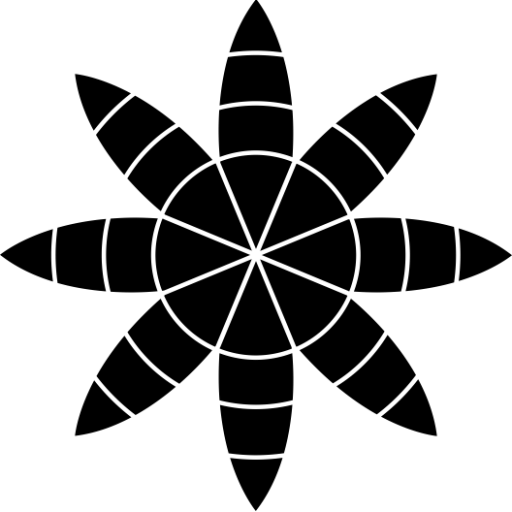Jingchao Zeng in the The I Ching as a Potential Jungian Application: History and Practice give a introduction to the i Ching and Jung’s interest in it and then describes Jung’s three uses of the I Ching – as physical use (to preview future potentials of outer reality), psychological use (to reveal one’s psychological state), and psychical approach (to engage with the divine through spiritual agencies). Clinical material showing the use of the I Ching in analysis is discussed.
Jung met Richard Wilhelm, the missionary who translated the ancient Daoist text into German, in 1923. However Jung’s interest in the I Ching predated that meeting, In Memories Dreams and Reflections he writes:
One summer in Bollingen [in 1920] I resolved to make an all-out attack on the riddle of this book. Instead of traditional stalks of yarrow required by the classical method, I cut myself a bunch of reeds.
I would sit for hours on the ground beneath the hundred-year-old pear tree, the I Ching beside me, practicing the technique by referring the resultant oracles to one another in an interplay of questions and answers.
When Wilhelm published his translation, Jung provided his own extensive commentary. The book was subsequently translated into English by Cary F Baynes. The full text of The Secret of the Golden Flower is available at the Internet Archive (PDF). For more intuitive access to Wilhelm’s text try a clickable table of all 64 hexagrams.
A well researched article on Wikipedia features some critical and enlightening comments on the Richard Wilhelm translation, suggesting that the text that Wilhelm translated was a poorly edited digest of a fuller text, and further that Wilhelm misinterpreted key concepts.
For a different angle on the I Ching and it’s place in Chinese culture read this very informative article written by theoretical linguist Chenchen (Julio) Song.
Finally here is an interesting video of Murray Stein talking about the connection between Jung and Wilhelm at the launch of a film about Wilhelm’s life – the film is available for purchase on the Asheville Jung Center website.

